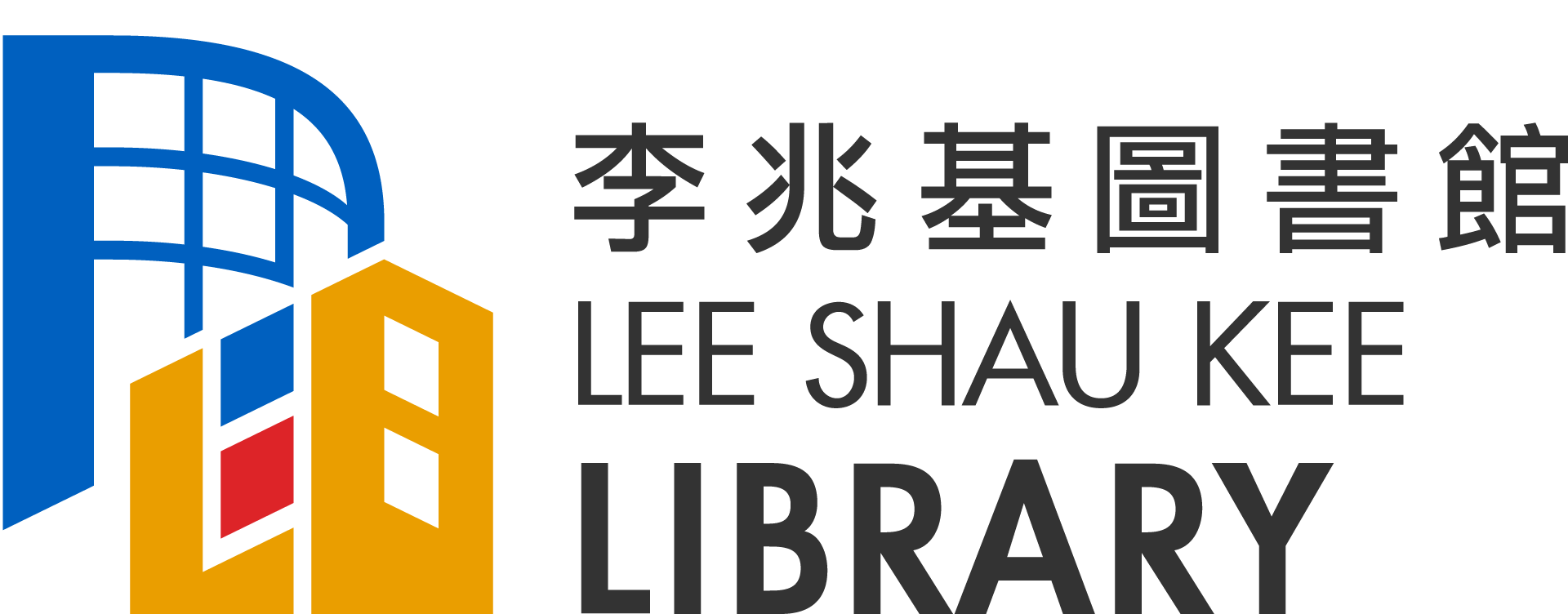
The recent THE Impact Rankings, which evaluate universities’ contributions to UN’s Sustainable Development Goals (SDGs), ranked HKUST among the world’s top 20 and HK’s No. 1 for the second consecutive year. This achievement highlights HKUST’s leadership in advancing sustainability, particularly in SDG 9 (Industry, Innovation and Infrastructure), SDG 11 (Sustainable Cities and Communities), SDG 15 (Life on Land), and SDG 17 (Partnerships for the Goals).
A key criterion in the Impact Rankings is research, which evaluates how universities’ publications address SDG-related challenges. In this post, let’s take a glance at HKUST’s research output in relation to SDGs, revealing how it contributes our high ranking and what this means for researchers.
HKUST’s SDG Research Trends
An analysis of HKUST’s publications from 2014 to 2023, drawn from Scopus data, reveals a dynamic shift in research focus:
Notably, this bar-chart race highlights SDG 3 (Good Health and Well-being) surpassing SDG 7 (Affordable and Clean Energy) back in 2021, reflecting heightened global and local attention to health post-COVID-19.
What does SDG-related research at HKUST look like? Which topics are trending, and how can you make your research align with SDGs?
A heatmap of our publications further illustrates connections between subject areas and different SDGs. For instance, SDG 3 (Good Health and Well-being) aligns with Biochemistry, Genetics and Molecular Biology, and Medicine, while SDG 7 (Affordable and Clean Energy) most likely ties to subjects like Energy, Engineering, and Materials Science. This interdisciplinary synergy underscores the value of cross-cutting expertise.
Delving into keywords the articles used, our analysis identifies top SDG-related research fields at HKUST. You could see more details by hovering over certain key phrases. Terms like “Battery,” “Lithium,” and “Energy Efficiency” dominate SDG 7 (Affordable and Clean Energy), with “Battery (Electrochemical Energy Engineering)” achieving a citation impact (FWCI = 2.84) well above the global average (FWCI = 1). These insights highlight HKUST’s research strengths and their global relevance.
Why SDGs Matter for Your Research
So, why does this matter to you as a researcher? Understanding the research fields in SDGs could:
- Increase visibility: Journals, funders, and collaborators increasingly look for SDG-linked research
- Showcase impact: Highlight how your work contributes to global priorities
- Guide your focus: Identify new, meaningful areas for interdisciplinary work
As you plan your next project, consider integrating relevant SDGs into your titles, abstracts, and keywords. This not only enhances discoverability but also helps to tie your work to HKUST’s broader impact narrative.
In our next article, we’ll share practical strategies for mapping your research to SDGs. Stay tuned!







